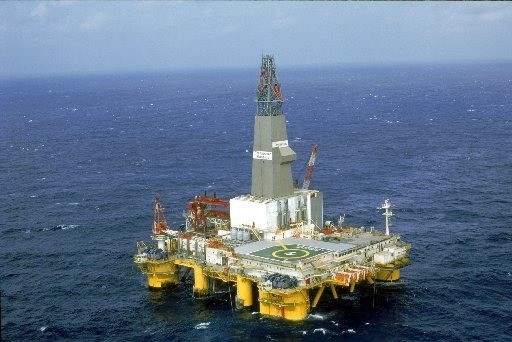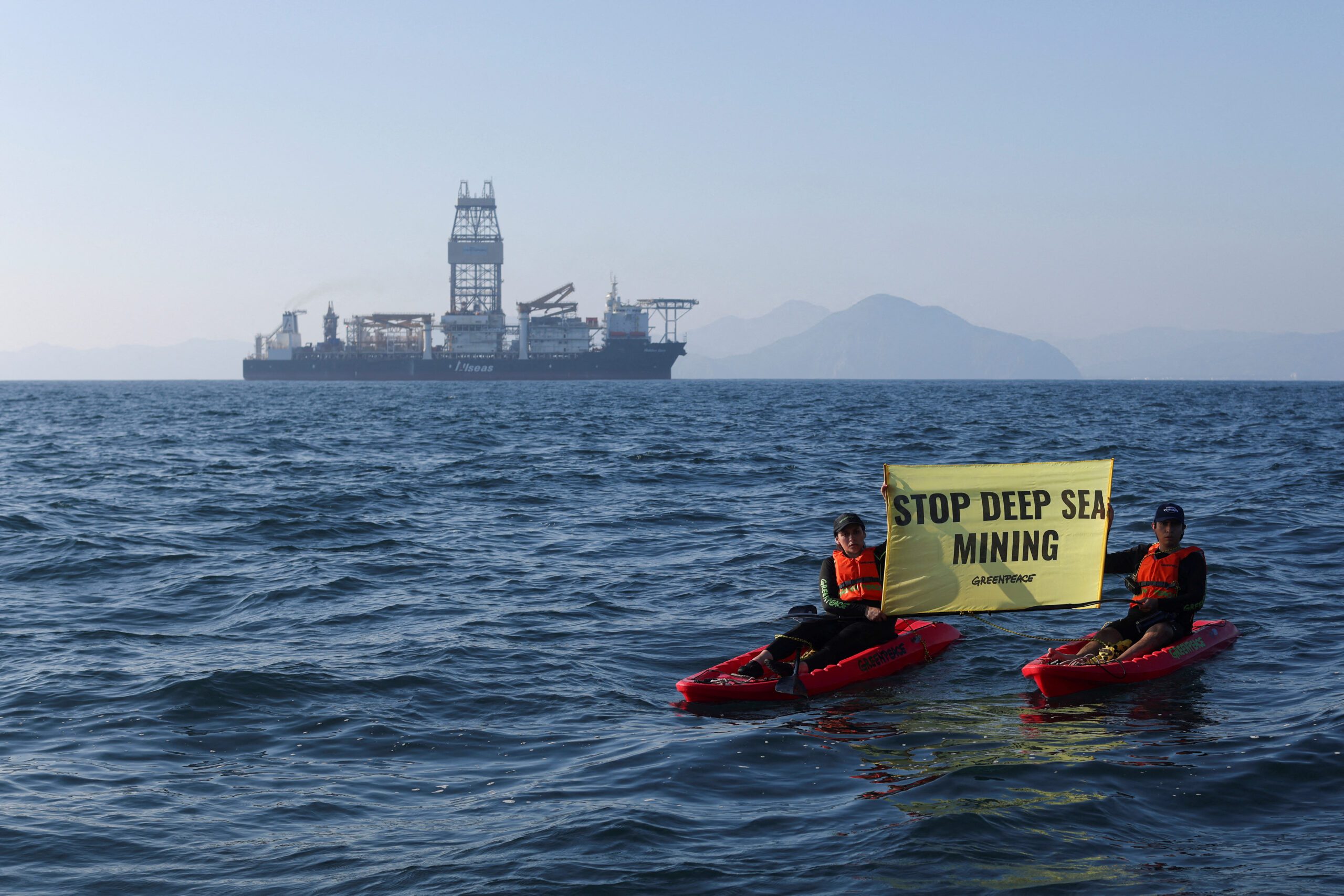 By Tom Bergin
By Tom Bergin
LONDON, May 13 (Reuters) – A planned change in the way Britain taxes North Sea drillers exposes the loophole in a system that allowed an industry with annual revenues of 2 billion pounds to pay almost no corporation tax for two decades, prompting accusations that the UK tax authority is falling down on the job.
The change, announced by Finance Minister George Osborne in March, caps the amount a UK company can deduct from profit for leasing drilling rigs from an overseas unit in the same group.
The rig-leasing units are typically based in countries where their income is taxed lightly or not at all.
A Reuters review of company accounts, shipping registers and other company statements, shows that such inter-company transactions – known as transfer pricing – have enabled drilling groups in the North Sea to operate almost tax free for 20 years or more, perfectly legally, and with the agreement of Britain’s tax authority, Her Majesty’s Revenue & Customs (HMRC).
Companies that have benefited from the current rules include Ensco Plc, Rowan Companies Plc and Transocean Ltd, which collectively accounted for over 60 percent of the UK market in 2012.
There is no suggestion of wrongdoing by any of these companies, which declined to comment.
“HMRC has always been fully aware that companies use this approach,” said Mike Tholen, Economics Director at North Sea industry body, Oil and Gas UK. “The arrangements were appropriate fiscally for the business these companies have.”
Between 1993 and 2012, the last year for which accounts were available, the main British operating units of Transocean, Ensco and Rowan reported combined UK revenues of $11.8 billion. Their combined tax charge was just $70 million.
John Sweetman a former tax inspector and now a tax consultant, said it was unusual that an industry could continue for so long with such a light tax burden.
“I suspect the industry was a step ahead. These companies were very well advised .. (but) it is a long time. It’s odd,” he said.
The Treasury said the strong profitability of the sector was part of the reason for acting now, though a broader government drive to tackle tax avoidance was also a factor.
“Currently, some companies making significant operating profits in the UK are able to move up to 90 percent of these profits overseas and out of the UK tax net,” a spokeswoman for the UK Treasury said.
“In 2012, more than 1.75 billion pounds ($2.95 billion) was paid by oil and gas operators in the UK to contractors who lease drilling rigs and accommodation vessels. Almost no corporation tax was received on this,” the finance ministry added.
GENEROUS DEDUCTIONS
Osborne’s change, which will limit the amount companies can deduct from profit for such lease payments to 7.5 percent of the historical cost of the rig, will replace generous deductions calculated on the market value of rigs, which has been soaring.
Andrew Cox, Tax partner at Deloitte, said HMRC had most recently agreed in 2008 that drillers could take tax deductions of up to 15 percent of the market value of a rig each year.
Michael Meacher, MP with the opposition Labour party, which governed from 1997 until 2010, said HMRC’s failure to tackle drillers’ profit-shifting earlier raised questions about its overall effectiveness.
“How much money are we losing elsewhere? I suspect that this is quite widespread. What we really need is an investigation by the National Audit Office to see how far this lax attitude to taxing companies applies across other sectors,” he said, adding HMRC should receive more resources to crack down on profit shifting.
HMRC declined to comment on how it went about taxing the drilling companies over the past 20 years, noting that the small number of participants in the sector meant any comments it made could identify individual companies and thus breach rules on taxpayer confidentiality.
However, a spokesman said HMRC ensured all businesses paid the tax they should.
HMRC acknowledged that the changes were partly in “recognition … that transfer pricing and other international rules do not always provide a fair or consistent outcome”.
A number of inquiries held by the parliamentary Public Accounts Committee in recent years have criticised HMRC for not being aggressive enough with big businesses.
The amount of money the government expects the tax change to raise is equivalent to around 5 percent of total rig market revenues, which would have raised an additional around $600 million from Transocean, Ensco and Rowan alone over the last 10 years. ($1 = 0.5938 British Pounds) (Editing by Will Waterman and Philippa Fletcher)
(c) 2014 Thomson Reuters, All Rights Reserved

 Join The Club
Join The Club











